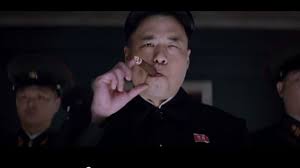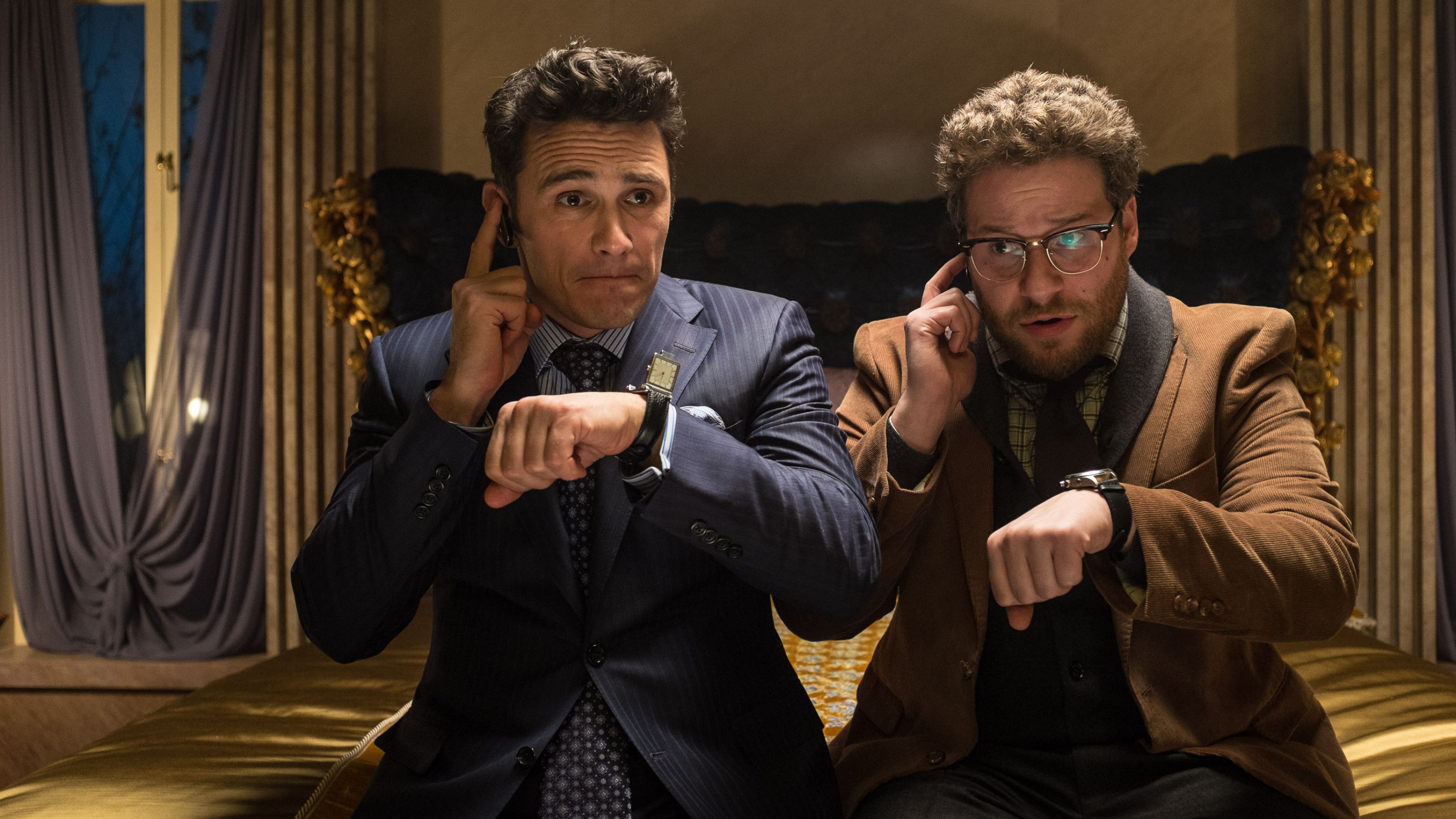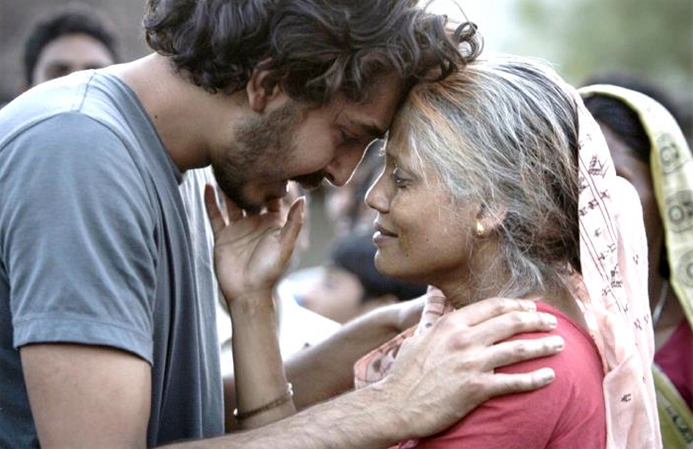By Rob Oldham

I became excited when I heard comedy movie stars Seth Rogen and James Franco were making a film about assassinating North Korean dictator Kim Jong Un. It seemed to be a nice break from their monotonous string of stoner comedies including “Pineapple Express” and “This is the End”. Unfortunately, their originality was not rewarded as Sony Corp. cancelled “The Interview’s” widespread theatrical release when confronted by threats from North Korean hackers. The hackers, self-styled “Guardians of Peace”, first obtained access to sensitive corporate information on Nov. 24. After half a month of meddling with celebrity emails, they released a statement saying that if “The Interview” debuted on Christmas, there would be 9/11 style terrorist attacks at movie theaters across the country. Several movie theaters and Sony buckled under these threats and cancelled the film’s theatrical release. The Department of Justice has since linked the”Guardians of Peace” to the North Korean government.
The question now is whether or not the cancellation has given legitimacy to the bullying and terror of a sociopathic thug. Kim is certainly that, as is evident from his abhorrent crimes. The U.N. recently said that he might face trial for human rights abuses that are outlined in a special report. The report depicts North Korea as eerily similar to Nazi Germany during the Holocaust. It says hundreds of thousands have died in prison camps and millions are starving under Kim’s leadership. One chilling anecdote tells of a mother in a prison camp who was forced to drown her child in a bucket of water. Another describes a worker whose finger was cut off because he dropped a sewing machine. If there is an incarnation of evil in the world, it at least bears a close resemblance to Kim and the other North Korean leaders responsible for these atrocities. Kim is certainly worthy of ridicule by from the American film industry, maybe even the colorful death scene that Rogen and Franco planned for him in “The Interview.”
Those who oppose Sony’s decision argue that cancelling the film will encourage future threats from Kim when he is inevitably offended by American satire again. They also argue that his threats effectively censored Rogen and Franco’s satire. Satire holds a special place in American history because of its important role in bringing about social change. Thomas Nast’s cartoons publicized the corruption of Tammany Hall under Boss Tweed during the late 1800s. The drawings led to Tweed’s removal from office and his eventual arrest. In 1988, the U.S. Supreme Court recognized the importance of satire in Hustler Magazine Inc. v. Falwell. They ruled that Hustler’s fictional depiction of conservative leader Jerry Falwell’s incest with his mother was not libel because public figures should expect to be scrutinized more than average citizens. While Kim did not go through the court system to stop “The Interview”, he used his own brand of cyber blackmail to prevent satire from reaching the general public. The threats were more effective than any legal remedy, which sets a dangerous precedent.
Apart from his stifling of the public discourse, Americans must also consider what it means to concede victory to Kim. In the literal sense of the word, he is a terrorist. Simply, he uses threats of violence to force others to bend to his will. Many find Sony’s surrender unacceptable. Newt Gingrich says that “America has lost its first cyber war.” Others are calling Sony, and the movie industry in general, “cowards.” President Obama says that cancelling the release was a mistake and that “we cannot have a society in which some dictator someplace can start imposing censorship in the United States.” The U.S. government has a policy to not consider the demands of terrorists because they think that if threats cause public policy to change or people to begin living in fear then the terrorists have essentially won. If members of a free society do not go to a movie theater because they fear they will die there, then how free are they really?
Defenders of Sony’s decision, on the other hand, emphasize the company’s responsibility to the viewers. They say it would socially irresponsible and even greedy to endanger American lives by releasing the film. Sony spent millions promoting the film. However, cutting their losses is not worth the death of even one person. Bloomberg View’s Stephen L. Carter argues that cancellation is actually the economically prudent decision for Sony. He claims that releasing it would cause more people to avoid theaters on Christmas and would cut into profits from less controversial films. Carter presents this as the free market responding to “the reality of fear.”
The debate also raises an interesting normative question: Is a private corporation responsible for standing up to monsters? The government is the entity charged with common defense and the protection of human rights, not multinationals like Sony (which is Japanese, not American, owned). It is unfair to expect them to take controversial political stances when the reason that the company was formed in the first place was to return a profit to shareholders. Companies should not be expected to navigate the complexities of international politics. Those are issues for nations and armies.
There are strong opinions on both sides about Sony’s decision. They have brought forth arguments that touch on a wide range of topics including negotiating with terrorists, human rights, the role of corporations in world diplomacy, and the censorship of satire. These could never be openly discussed in North Korea. And that is why Kim has not won. He tried to make a mockery of the United States, the antithetical nation to his own in which divergent opinions can hold equal weight in the public discourse. Even though Kim effectively censored material he does not agree with, he has still failed to puncture the thick skin of our most valuable asset: freedom. Freedom allows us to speak up and say if we agree with Sony. Freedom allows Sony to make the best decision for itself, even if the president, one of the most powerful people in the world, disagrees. In Kim’s twisted vision of North Korea, the mandate of the state is what stands and the only view that people can accept. There is no liberty for individuals or corporations. There is no national conversation where actions and policy are challenged. I do not have a simple answer for what Sony should have done in response to hacker threats. As the public debate has made clear, it is an issue full of nuance and should be subject to serious analysis. Even then, it may not be clear what should be done. But even if it isn’t, in the United States we are at least still talking about it. We are debating it. We are challenging the views of the state, the views of our peers, and even our own views. The fact that we still exist and our freedom endures is why Kim and tyrants across the world have lost yet again.


